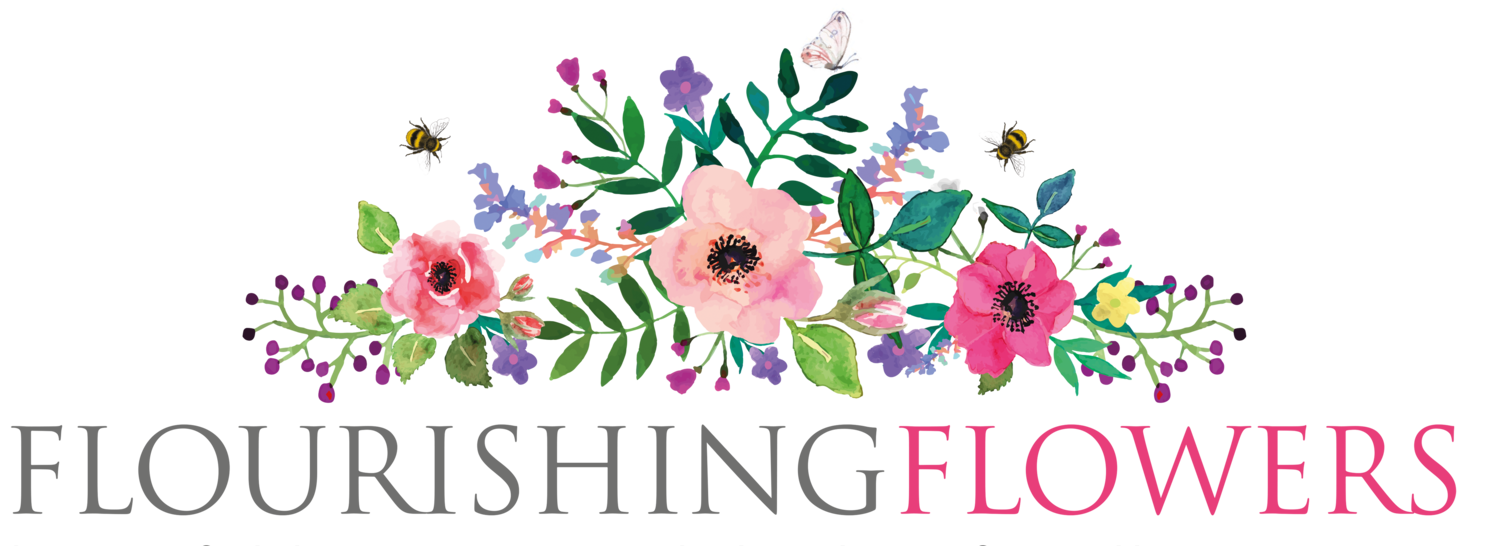Like many individuals, when the COVID-19 pandemic struck, I found myself contemplating how to make the most of my time. I began to delve deeply into eco-friendly methods of flower arranging, and my research led me to explore the use of 'oasis' foam. As the flower secretary at my church for numerous years, we had always relied on floral foam (commonly known as oasis), and my college education had never introduced me to alternative options.
Were you aware that a single block of floral foam is equivalent to the plastic in 10 carrier bags? This material is composed of microplastics and even contains formaldehyde. It does not biodegrade, and even those labelled as biodegradable do so only under specific conditions that we have no control over once they end up in a landfill. The more I learned, the more resolute I became in my mission to make our church arrangements, as well as my commercial work, completely foam-free.
I felt a strong urge to encourage people to explore alternatives to floral foam. With this in mind, I decided to organise a demonstration showcasing foam-free flower arrangements. I was grateful for the support of more than 20 ladies from our church, other congregations, and even non-churchgoers eager to learn about eco-friendly options. It was an ideal opportunity to raise funds for a worthy cause as well, and the Billericay Foodbank immediately came to mind. The ladies gathered to learn about the convenience of floral foam, but also the harm it inflicts on the environment, as it breaks down into water sources, harming both humans and aquatic life. We discussed alternatives such as pin frogs, chicken wire, moss, Agra wool, and recycled glass jars, along with creative ideas for thinking "outside the box" when arranging flowers.
I also shared insights about the Royal Horticultural Society (RHS) banning the use of floral foam in all their shows since 2020, and the 'Sustainable Church Flowers' (SCF) movement within the Church of England. If you're interested, please visit their websites for more information. Our discussion extended to the environmental impact of imported flowers, their carbon footprint, and the effects on residents in farming areas. I suggested locally sourced flowers and foliage be considered, with additional details available from a membership association called 'Flowers from the Farm.' Local blooms offer various advantages over commercial varieties, including delightful scents and the charm of uniquely shaped stems.
Our gathering was not just about talk; we also demonstrated some of the foam alternatives and ended up with a beautiful locally sourced floral arrangement for the Communion table and a stunning Pedestal design. I'm delighted to report that we raised £250 for the Foodbank during the event.
I acknowledge that these changes won't occur overnight, but in a time when our planet is undergoing significant transformations, I encourage everyone to take steps toward creating foam free church arrangements and to think consciously about how flowers are presented when given as gifts.
